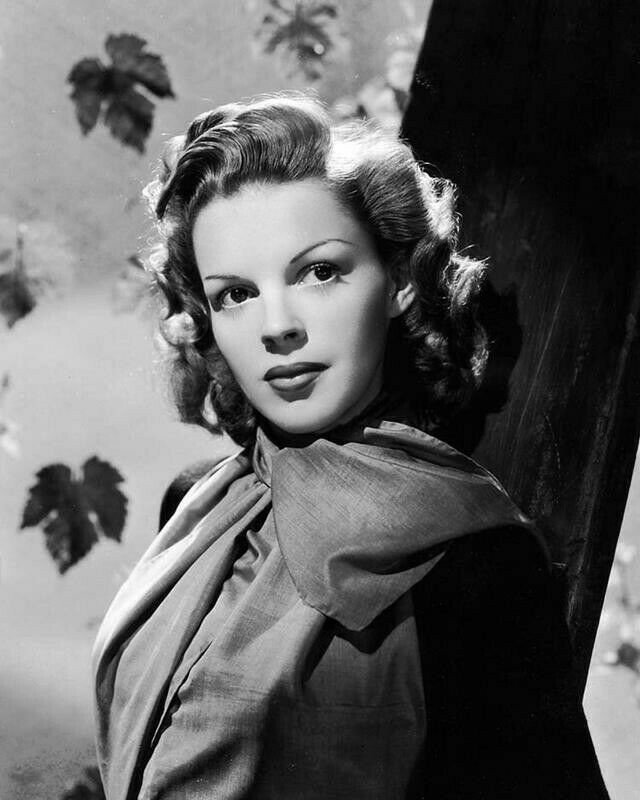Introduction: Judy Garland, born Frances Ethel Gumm on June 10, 1922, in Grand Rapids, Minnesota, remains one of the most beloved and enduring figures in the history of entertainment. From her iconic role as Dorothy Gale in “The Wizard of Oz” to her legendary career as a singer and performer, Garland captivated audiences with her talent, charisma, and emotional depth. In this extensive analysis, we will explore the life, career, and lasting impact of Judy Garland, from her early days in show business to her status as a cultural icon.
Early Life and Career Beginnings: Born into a family of performers, Judy Garland began her career at a young age, singing and dancing alongside her sisters in a vaudeville act known as “The Gumm Sisters.” Renamed “The Garland Sisters” by their mother, Ethel, the trio toured the vaudeville circuit, honing their skills and gaining valuable experience.
Garland’s breakthrough came in 1939 when she was cast as Dorothy Gale in “The Wizard of Oz,” MGM’s adaptation of L. Frank Baum’s classic novel. Garland’s performance of the iconic song “Over the Rainbow” earned her widespread acclaim and solidified her status as a rising star in Hollywood.
Iconic Roles and Career Success: Following her success in “The Wizard of Oz,” Judy Garland went on to star in a series of classic films that showcased her versatility as an actress and performer. Highlights of her filmography include “Meet Me in St. Louis” (1944), “Easter Parade” (1948), and “A Star is Born” (1954), for which she received an Academy Award nomination for Best Actress.
In addition to her film career, Garland also enjoyed success as a recording artist, releasing a string of hit songs that became synonymous with her name. From her rendition of “Over the Rainbow” to her iconic performances at Carnegie Hall and on “The Judy Garland Show,” Garland’s voice captivated audiences and earned her a legion of devoted fans.
Personal Struggles and Resilience: Despite her professional success, Judy Garland’s life was marked by personal struggles and hardships. From her tumultuous relationships and struggles with addiction to her battles with mental health issues and the pressures of fame, Garland faced numerous challenges throughout her life.
Throughout it all, Garland displayed remarkable resilience and determination, continuing to perform and entertain audiences even in the face of adversity. Her ability to channel her pain and vulnerability into her performances only deepened her connection with audiences and solidified her status as an enduring symbol of strength and perseverance.
Legacy and Cultural Impact: Judy Garland’s legacy extends far beyond her iconic roles and chart-topping hits, leaving an indelible mark on the worlds of entertainment, music, and popular culture. Her influence can be seen in the countless performers who cite her as an inspiration, from Barbra Streisand to Lady Gaga.
Moreover, Garland’s impact on LGBTQ+ culture cannot be overstated, as she became an icon and a symbol of resilience for generations of queer individuals. Her portrayal of misunderstood and marginalized characters resonated deeply with LGBTQ+ audiences, who saw themselves reflected in Garland’s struggles and triumphs.
Conclusion: Judy Garland’s life and career are a testament to the power of talent, resilience, and the enduring appeal of the human spirit. From her humble beginnings as a child performer to her status as a cultural icon, Garland’s journey continues to inspire and captivate audiences around the world. Though she may have faced her share of hardships and challenges, Judy Garland’s legacy lives on through her timeless performances, her unforgettable voice, and the indelible mark she left on the world of entertainment.
